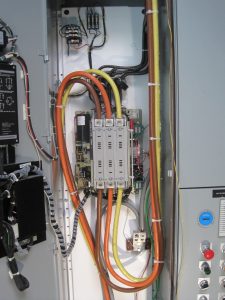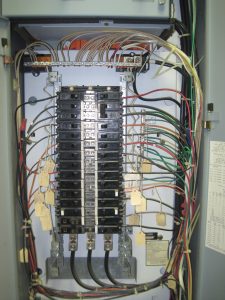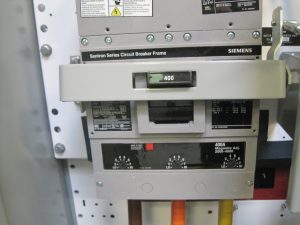Walden’s Commitment to Continuing Education
In an ever evolving world, Walden understands that on-going education is needed to stay competitive among top engineering consultant firms. As part of its commitment to continuing education, Walden encourages employees to advance in different fields based on their interests and clients’ needs. Engineers, geologists, and environmental scientists at Walden are supported in obtaining professional licenses and certifications, and fostering knowledge and experience.
Recently Walden sent a staff engineer to a National Fire Protection Agency (NFPA) conference for a crash course on NFPA Article 70, the National Electric Code (NEC). The course covers, in depth, the different modules and applicability of the code related to various electrical items, such as telecommunications, grounding, safe work spaces, and generator systems. The code also emphasizes safety, especially for workers, the public, and fire prevention.
The National Electric Code and Worker Safety
To protect workers, the code covers certain worker practices such as “lock out, tag out”, minimum dimensions of a safe work space and proper wiring/labeling of systems. An electrician must be aware of their surroundings at all times, especially when working on a live or potentially live system, to avoid being electrocuted and/or injured.
The National Electric Code and Public Safety
Protecting the public is the guiding force behind all regulations and codes. The NEC is no different as it regulates amusement attractions, theatres and other areas of public assembly. By properly sizing conduits, ensuring protected systems and other good work practices, the NEC forces electricians to keep public safety in mind. The NEC requires new electrical systems to be inspected by a qualified electrical inspector. If any part of the system is unsafe or poorly constructed, the inspector has the authority to shut down the project until the electrician repairs the system.
The National Electric Code and Fire Prevention
Due to the magnitude of damage electrical fires may cause, the NFPA governs the electrical code. Systems must be properly insulated as well as properly protected. As electricity runs through conductors, heat is produced due to resistance. If the conductors are not properly sized for the amount of current that passes through, there runs a risk of the insulation melting as well as the copper material which may lead to a fire. The environment that the system runs through as well as its demands will dictate how conservative the electrician has to be. Electrical requirements in a hazardous situation will vary from a non-hazardous situation.
For many engineering projects, electrical systems are a main component. Whether it be a generator, a chemical bulk storage system or petroleum fuel system installation, electrical design and safety are a must. Therefore, a bolstered knowledge of electrical design will better serve environmental engineering projects in terms of safety and efficiency.
If you’re interested in becoming part of a company that emphasizes personal growth among employees, check out our current openings! Contact Walden with questions or comments at 516-624-7200.



